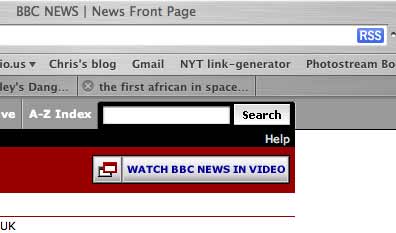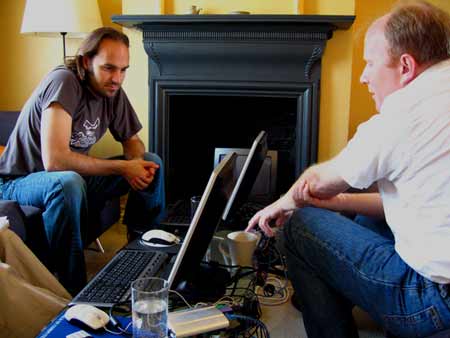The root cause of Tony Blair’s credibility problem is that he took Britain to war on a false prospectus. But the really interesting question is how he got into the mess in the first place. The answer is, in essence, simple. The Bush administration had decided soon after the 9/11 attacks (or perhaps even before that) to attack Iraq. Blair, for reasons still unclear, had decided that whatever the US did, the UK would support. From that single decision, everything then followed. But since there was no rational justification for Bush’s deteremination to oust Saddam, Blair had to thrash around for a justification he could sell to the British parliament, and the British people.
What I hadn’t realised, until I read this remarkable piece by Mark Danner, is how early the decision to go with the Yanks was being discussed in Whitehall.
Danner’s piece is based round a leaked minute of a meeting held in Downing Street on 23 July 2002 (yep — 2002) in which the entire thing was discussed. Here’s an extract which gives the flavour of the discussion:
C [Sir Richard Dearlove, Head of MI6] reported on his recent talks in Washington. There was a perceptible shift in attitude. Military action was now seen as inevitable. Bush wanted to remove Saddam, through military action, justified by the conjunction of terrorism and WMD. But the intelligence and facts were being fixed around the policy. The NSC had no patience with the UN route, and no enthusiasm for publishing material on the Iraqi regime’s record. There was little discussion in Washington of the aftermath after military action.
(Emphasis added.)
 .
. 

